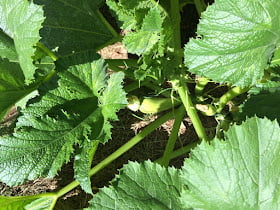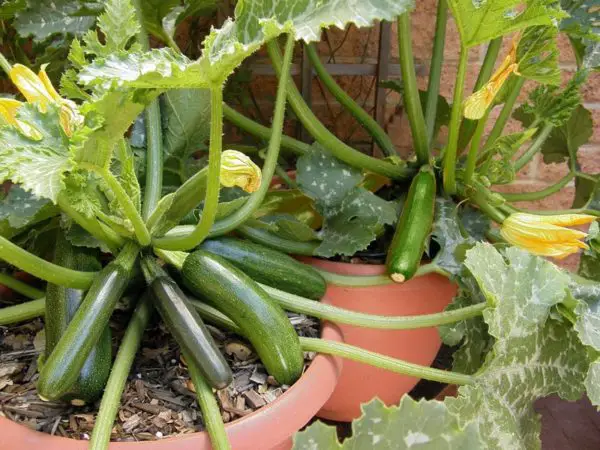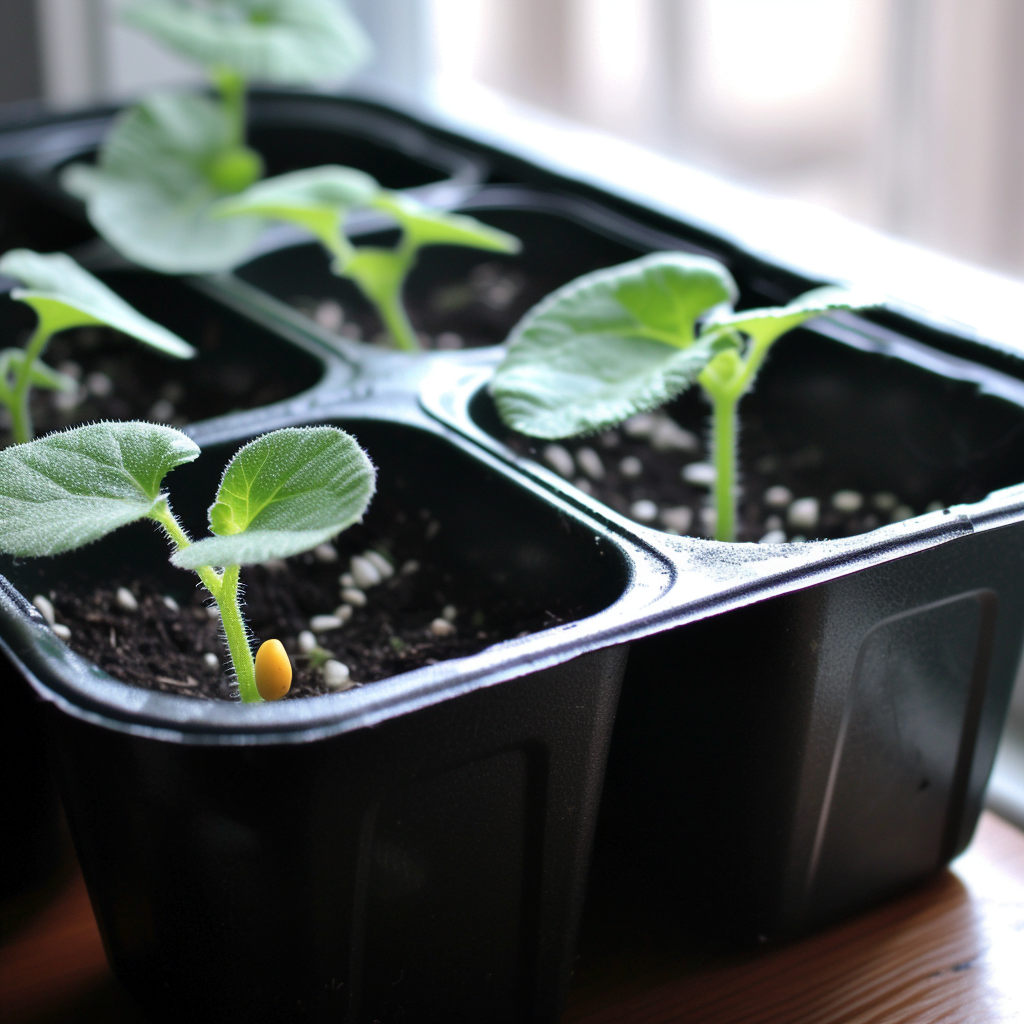Zucchini, a versatile and widely enjoyed vegetable, is revered for its succulent fruit that adds a burst of flavor to countless dishes. However, have you ever wondered about the often overlooked leaves of this plant? As it turns out, zucchini leaves can indeed be consumed and have emerged as a novel ingredient in culinary experimentation. In this article, we will explore the nutritional value, potential uses, and potential precautions that come with incorporating zucchini leaves into your diet. So, put on your culinary hat and prepare to explore the delectable world of zucchini leaves.
Can You Eat Zucchini Leaves?
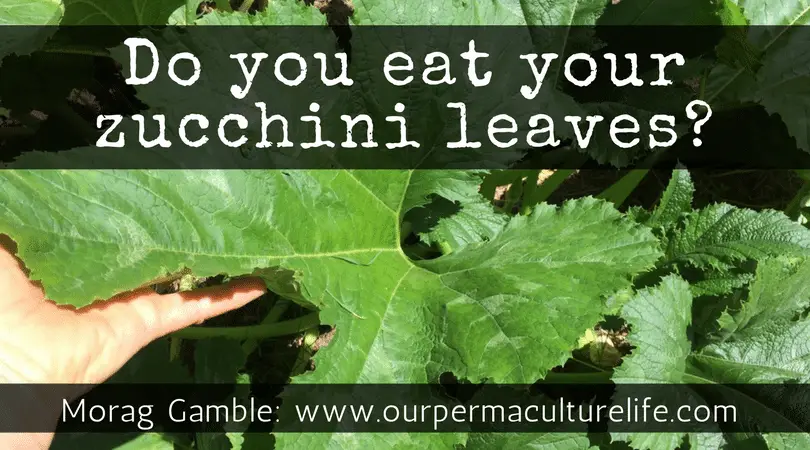
Zucchini Leaves: An Introduction
Zucchini leaves, also known as courgette leaves, are the broad, green foliage that are part of the zucchini plant. While zucchini is well-known for its delicious and versatile vegetable, its leaves often go unnoticed. However, it is worth exploring the potential of zucchini leaves as they can be both edible and nutritious.
Nutritional Value of Zucchini Leaves
Zucchini leaves are packed with a wide range of essential nutrients that can contribute to a healthy diet. They contain significant amounts of fiber, which helps support digestive health and aids in maintaining a healthy weight. Additionally, zucchini leaves are a rich source of vitamins A and C, both of which effectively boost the immune system and promote overall well-being. Moreover, these leaves are abundant in minerals like potassium, magnesium, and calcium, which are crucial for maintaining proper bodily functions.
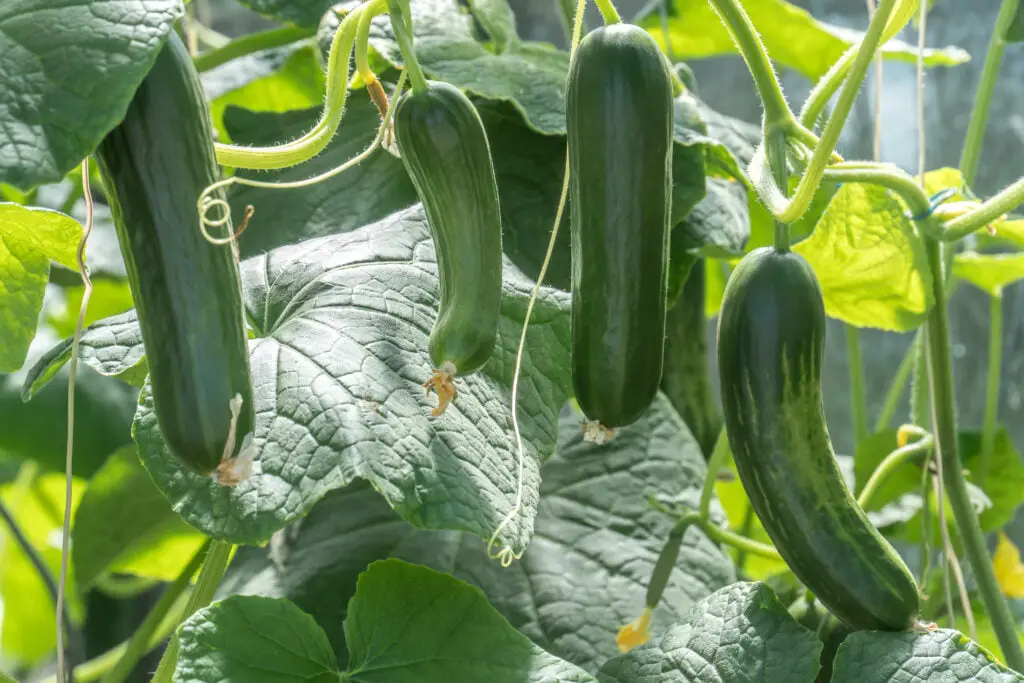
Culinary Uses of Zucchini Leaves
Zucchini leaves can be utilized in various culinary preparations, offering a unique and pleasant flavor to dishes. One popular method of incorporating zucchini leaves in cooking is by sautéing them in olive oil and seasoning them with herbs and spices such as garlic, thyme, and oregano. This simple yet flavorful technique enhances the taste and texture of the leaves, making them a delectable addition to salads, pasta dishes, and even as a filling for savory pastries.
Health Benefits of Zucchini Leaves
Consuming zucchini leaves can bring forth various health benefits. As mentioned earlier, the high fiber content present in these leaves aids in maintaining a healthy digestive system by promoting regular bowel movements and preventing constipation. Moreover, the vitamins and minerals found in zucchini leaves, particularly vitamins A and C, contribute to improved immune function, leading to a stronger defense against harmful pathogens. Additionally, zucchini leaves are known for their antioxidant properties, which play a vital role in reducing inflammation and combatting oxidative stress within the body.
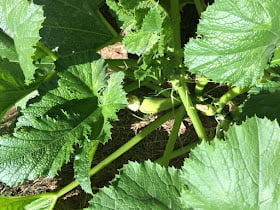
Preparation and Cooking Methods for Zucchini Leaves
Before incorporating zucchini leaves into your culinary creations, it is essential to properly clean them to remove any dirt or debris. Gently wash the leaves under running water and pat them dry with a clean towel to ensure they are ready for consumption. When it comes to cooking zucchini leaves, the sautéing method mentioned earlier is a popular choice. However, these leaves can also be used as a wrapping material for various fillings, such as rice, vegetables, or meat, yielding a delicious, nutrient-packed dish.
Risks and Precautions of Eating Zucchini Leaves
While zucchini leaves are generally safe to consume, there are a few risks and precautions to consider. Some individuals may experience an allergic reaction to zucchini leaves, although this is relatively rare. If you have a known allergy to zucchini or other plants from the Cucurbitaceae family, it is advisable to avoid consuming the leaves. Additionally, it is essential to ensure that the zucchini leaves are grown organically or have not been treated with harmful pesticides, as these chemicals may pose health risks.
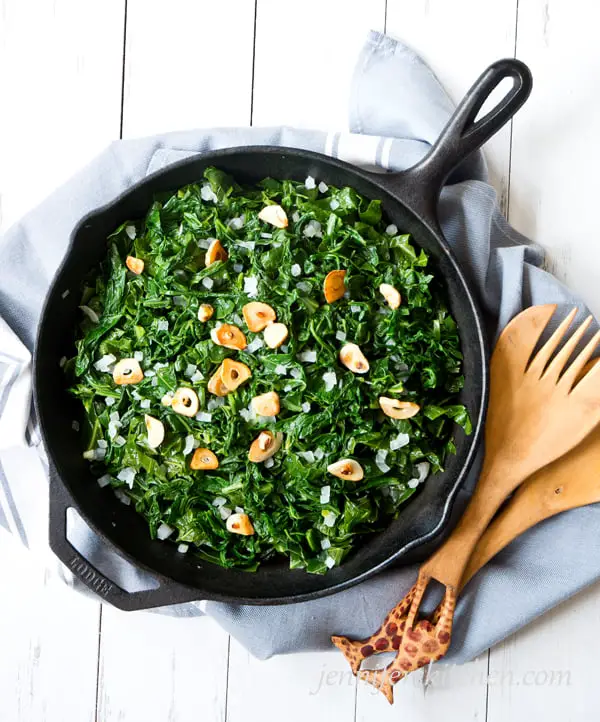
Comparison with Other Edible Plant Leaves
In comparison to other edible plant leaves, zucchini leaves offer a unique combination of flavor and nutritional benefits. Unlike many other leafy greens, zucchini leaves have a milder taste, making them more versatile in terms of their culinary applications. Additionally, zucchini leaves provide a diverse array of nutrients, particularly in terms of vitamins, minerals, and antioxidants. While other leaves such as spinach and kale are popular choices due to their nutrient density, zucchini leaves offer a refreshing alternative that can be enjoyed in various dishes.
Alternative Uses for Zucchini Leaves
Apart from their culinary uses, zucchini leaves can serve various alternative purposes. Due to their large size and sturdy texture, they can be utilized as natural food wrappers, replacing traditional options such as corn husks or banana leaves. Moreover, zucchini leaves can be composted to enrich the soil with valuable nutrients, contributing to sustainable gardening practices. Their lush green appearance also makes them a suitable option for decorative purposes, such as creating garlands or unique table centerpieces.
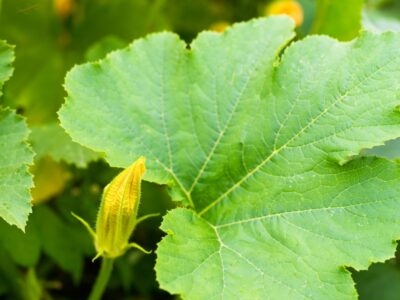
Conclusion
In conclusion, zucchini leaves are indeed edible and offer a range of nutritional benefits. From their high fiber content to their abundant vitamins and minerals, incorporating zucchini leaves into your diet can contribute to a healthier lifestyle. Whether sautéed, used as a wrapping material, or explored for alternative purposes, zucchini leaves provide a delightful addition to various culinary creations. However, it is crucial to exercise caution by avoiding consumption if you have known allergies or ensuring they are free from harmful pesticides. So, the next time you prepare zucchini, consider utilizing the often-overlooked leaves for an added touch of flavor and nutrition.
